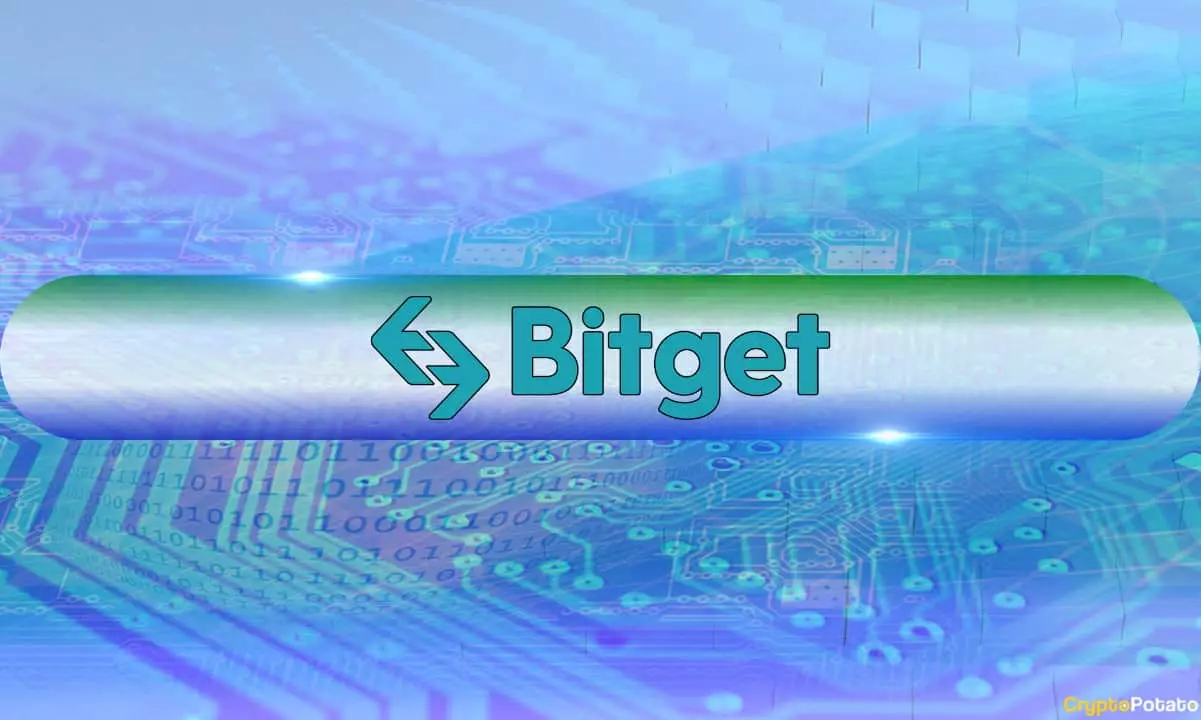On April 20, 2023, Bitget, a rising star in the cryptocurrency exchange arena, found itself embroiled in controversy as abnormal trading activity in its VOXELUSDT perpetual futures market unfolded. The events of that morning were dramatic, with price spikes that sent ripples through the trading community, surpassing even Bitcoin’s 24-hour trading volume. This incident brings to light broader questions surrounding market integrity and the role of exchanges in safeguarding against manipulation. If the market perceives an exchange as inept in handling suspicious activity, it could lead to a significant erosion of trust, which simply should not be overlooked.
The Market Manipulation Debate
The exchange’s subsequent announcement of account suspensions and trade rollbacks revealed a calculated response to potential market manipulation. Yet, the gravity of such a declaration cannot be overstated. While protecting user assets is paramount, the approach taken appears reactive rather than proactive. Merchants who feel wronged have often likened such incidents to being left in the dark, reminiscent of the troubling Hyperliquid-JELLY case from 2025. It’s essential for exchanges like Bitget to not only rectify the situation quickly but also offer transparency—something that often lapses in fast-paced markets. The hurried nature to placate users following a crisis could outright invite skepticism regarding the exchange’s genuine operational integrity.
Trust vs. Regulation
The trading incident reflects an ongoing dilemma within the cryptocurrency world: balancing user trust with regulatory practices. As Bitget prepares to implement strategies aimed at stabilizing trading operations, one has to wonder if doing merely the bare minimum will suffice. As synthesized by various opinions within the trading community, a perceived lack of accountability could push traders toward decentralized platforms. The question stands; can centralized exchanges be held to standards that ensure trust across their user base? In this modern era, it’s crucial for such exchanges to elevate their own standards to match the demands of the participating traders.
A Flawed Compensation Strategy
While Bitget pledged to compensate users affected by the irregular trading incidents, these promises often seem a placeholder, a way to maintain semblance rather than genuine redress. Such promises are only effective if they come with rigorous investigation and tangible results. Compensation without accountability is tantamount to a band-aid solution; users need assurance that their exchanges are not just handling funds safely, but doing so with a keen eye toward identifying risk and protecting against unforeseen market disruptions.
The Future Hashes Out Responsibility
As the dust settles on the VOXELUSDT trading event, it becomes crucial for Bitget, and indeed all centralized exchanges, to address accountability in times of crisis. The community is watching not just for compensatory actions, but for solid measures that preempt such dilemmas from arising again. If exchanges can’t safeguard against the malfeasance present within their systems, they risk not only public trust but also the sustainability of their platforms in an ever-evolving market. As reinforcements in trading practices and governance standards emerge, the cryptocurrency community must demand more, advocating for systems that foster responsible trading and hold entities accountable for their operations.

